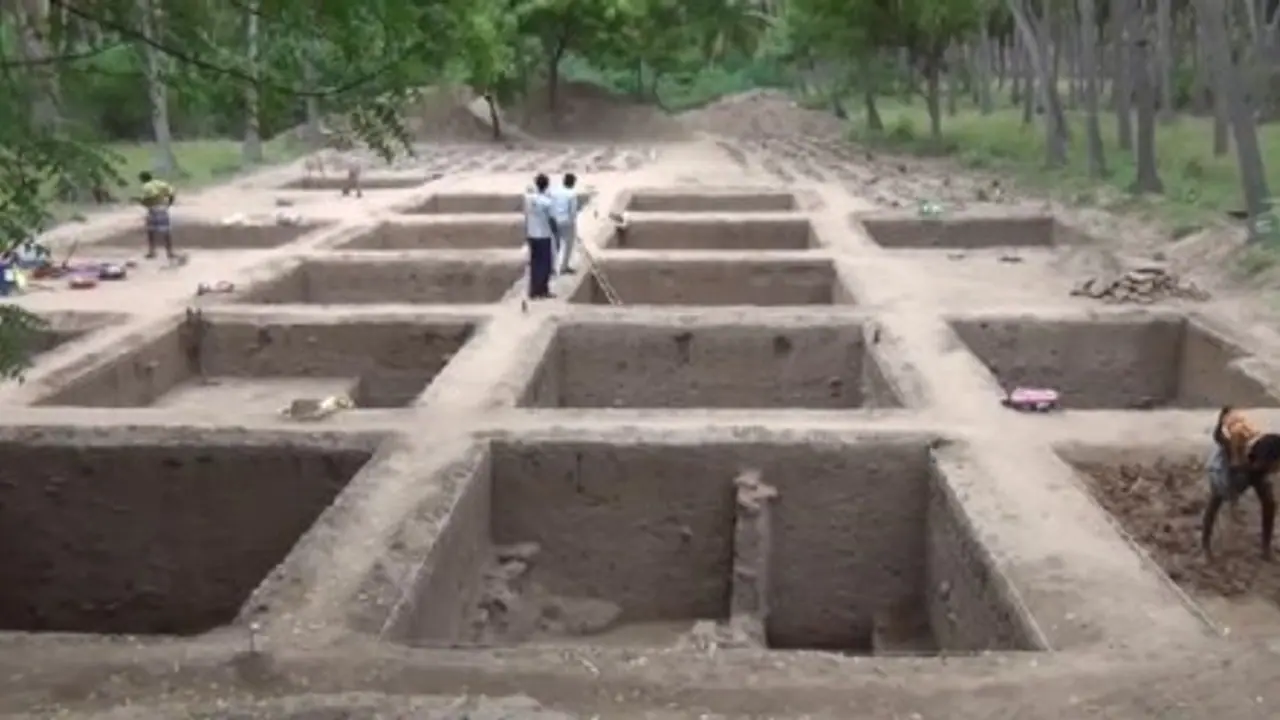The Madurai bench of the High Court had ordered the Central government to release the Keeladi excavation report.
Chennai: The Archaeological Survey of India (ASI) has instructed K Amarnath Ramakrishna, who submitted a 982-page report on the Keeladi excavations to the Central Government, to revise the document and make the required corrections. From 2013 to 2016, excavations were carried out on behalf of the Central Government under the leadership of archaeologist Amarnath Ramakrishnan. More than 5000 ancient artifacts were reportedly found during the excavation. Amarnath Ramakrishna was suddenly transferred and another person was appointed as in-charge of Keeladi archaeology.

Hemasagar A Naik, Director (EE), ASI, has directed Ramakrishna to include corrections suggested by two experts and make it “more authentic.” According to reports, Ramakrishna was told that the three periods require proper nomenclatures or re-orientation. The letter also said that the time bracket of 8th century BCE to 5th century BCE requires “concrete justification.”
In 2024, a petition was filed at the Madurai Bench of the Madras High Court by Prabhakar Pandian, requesting the Central Government to order the release of the first two phase reports submitted by Amarnath Ramakrishna. It stated, “In the first two phase reports submitted by Amarnath Ramakrishnan, he has explained in detail about the culture, crops cultivated, animals, and the nature of urban civilization that prevailed in Keeladi. Analysis of the artifacts found at Keeladi using the radiocarbon dating method revealed that they are almost 2600 years old. Only if the Central Government releases that report, clear historical conclusions regarding Keeladi will be available. Therefore, the first two phase excavation reports should be ordered to be released.” The court agreed to release the report after the Central government said it will be ready in 9 months. However, it is yet to be released.


